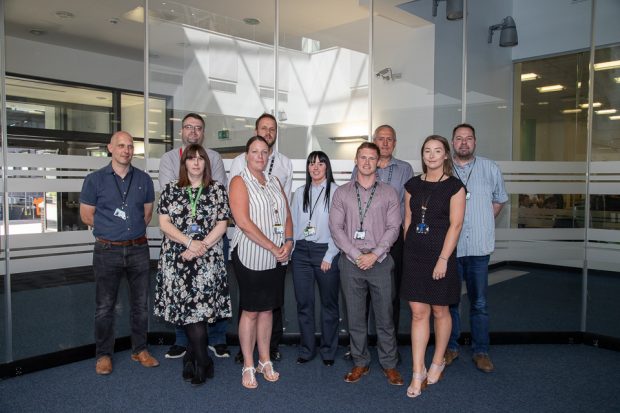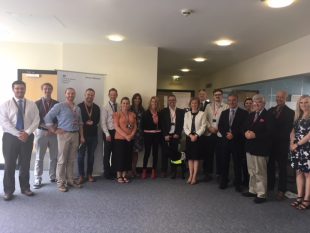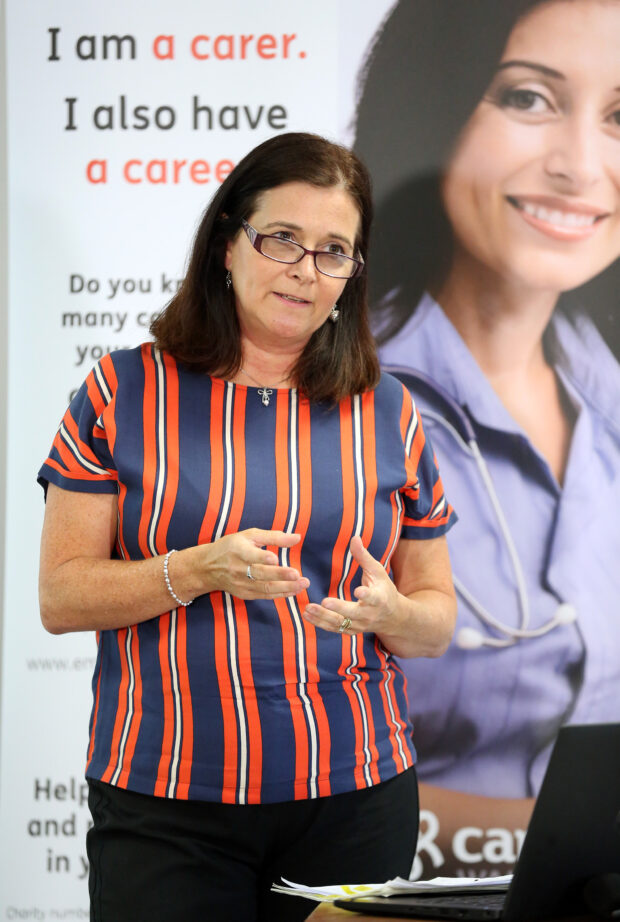A diverse and inclusive workplace
Uche Williams has been working in DVLA’s Contact Centre for 2 years. Here, Uche shares her experiences of working at DVLA.

My background…
I was raised in Lagos, Nigeria. My educational background is in Law, having completed my undergraduate degree in Nigeria. I moved to Swansea as an international student, doing my postgraduate degree and masters in International Maritime and Commercial Law.
I have now been living in Wales for just over 9 years. I am married and have a wonderful 3 year old daughter.
How I came to work at DVLA
After my studies I worked with the African Community Centre in Swansea. While I was working there DVLA’s HR department invited myself and my colleagues to exchange some ideas on how to increase the number of Black, Asian and minority ethnic (BAME) representation in the Civil Service. We looked at what we could do to make working at DVLA more appealing, and to help others understand what roles were on offer at DVLA.
Time for a change
This meeting was also an opportunity for me to find out a little more about DVLA. I decided it was somewhere I was interested in working and as soon as I saw a vacancy advertised I applied. My application was successful, which is how I came to work in DVLA’s Contact Centre.
I really enjoy my job!
The Contact Centre is a great starting point because it’s the core of the business. Once you have this background knowledge you can progress and use this information to build a career and branch off in different directions. DVLA is so much more than a Contact Centre; there’s actually a huge variety of other departments.
Approachable and supportive workplace
Working in a fast paced, contact centre environment can be demanding with customers having high expectations. We have to know a lot about a diverse range of topics and if we can’t give customers everything they want this can be difficult. My accent has, on occasions, caused a negative reaction from customers but my line manager has been amazing throughout and his support has really helped me to develop.
Opening up opportunities
DVLA’s Staff Networking Group, Unity, is an open supportive networking group, committed to upholding equality and diversity of race throughout the whole organisation.
As the secretary of Unity I have been able to look into issues that need to be tackled and make sure resolutions are reached. I am proud to perform this role at DVLA to try and make things better.
Check out the latest vacancies at DVLA right now. http://bit.ly/dvla-jobs



